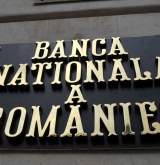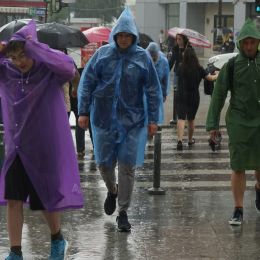In 2005, at a Gross Domestic Product of €79.587 bln, the shadow economy was estimated at €28,174bln, according to the study conducted by A.T Kearney and Friedrich Schneider, professor of economics and one of the leading experts on the shadow economy, across the 27 countries of the European Union, including Croatia, Norway, Switzerland and Turkey.
The shadow economy can be divided into two parts: undeclared work, which accounts for two thirds of the shadow economy and underreporting (companies only report part of their income in order to avoid tax burden).
The countries with the highest percentage of shadow economy in GDP four years ago were observed in Latvia (39.4%), Estonia (38.2%) and Bulgaria (36.5%), while the countries with the smaller shadow economies were Austria with only 9.3% of GDP and United Kingdom with 10.3% of GDP.
In absolute values, the countries with the highest levels of shadow economies were Italy with €348.5 bln, Germany –€345.7 bln and France with €227.8 bln, the countries that are also Europe’s biggest economies.
“At an estimated €2 trillion, the shadow economy in Europe is significant – ranging from 10% of Gross Domestic Product in the United Kingdom to 40%in some Central and Eastern European countries. Governments have formulated clear objectives to reduce this ‘other’ marketplace, but with a range of causes and drivers, finding a solution is a complex task”, AT Kearney said.
The authors of the paper identified four main factors that influence the size and scope of the shadow economy: savings by which patricians avoid taxes and social security payments, lack of a “guilty conscience”, ease of participation and low risk of detection.
Citeste si:
Calculator Salariu: Află câți bani primești în mână în funcție de salariul brut »
Te-ar putea interesa și:


















































































![HR [PLAY] Tech Workout - 11...](https://www.wall-street.ro/image_thumbs/thumbs/973/973fe0a3888d417feff63de42e814180-260x260-00-65.jpg?v=1714023543)









